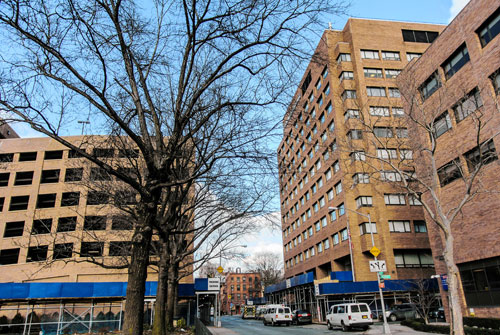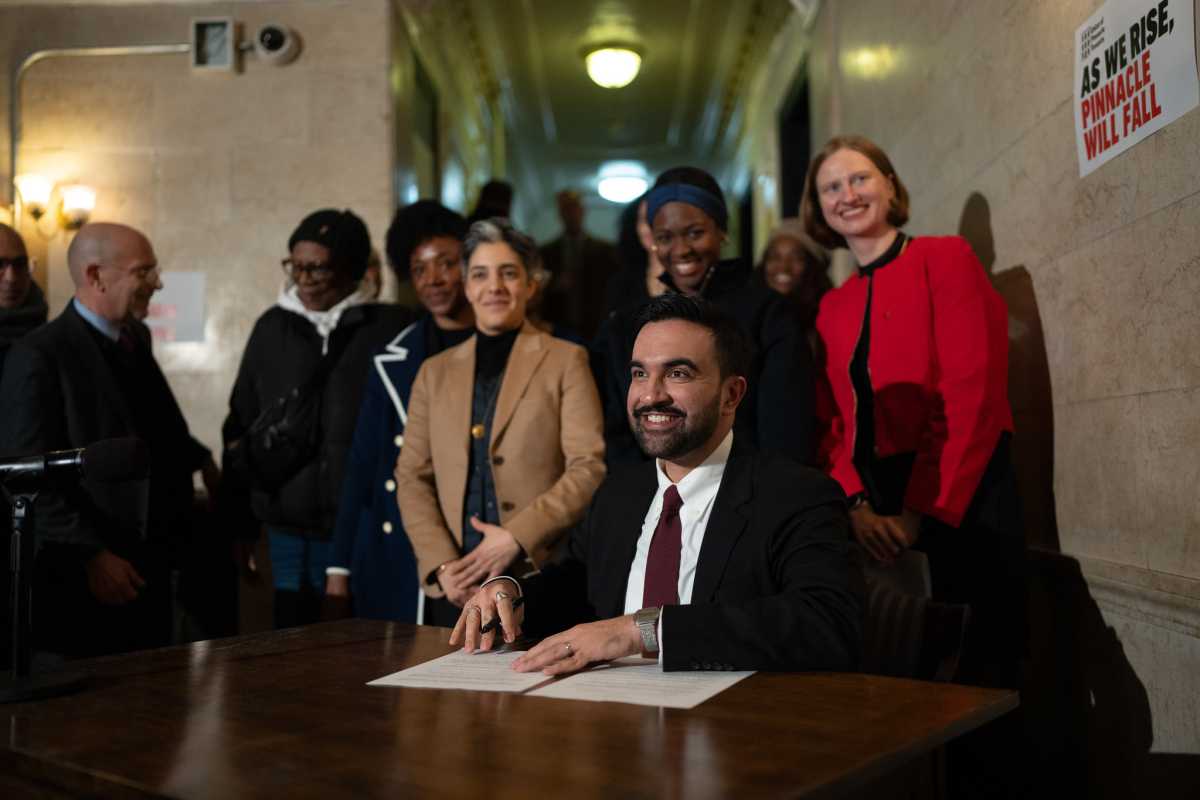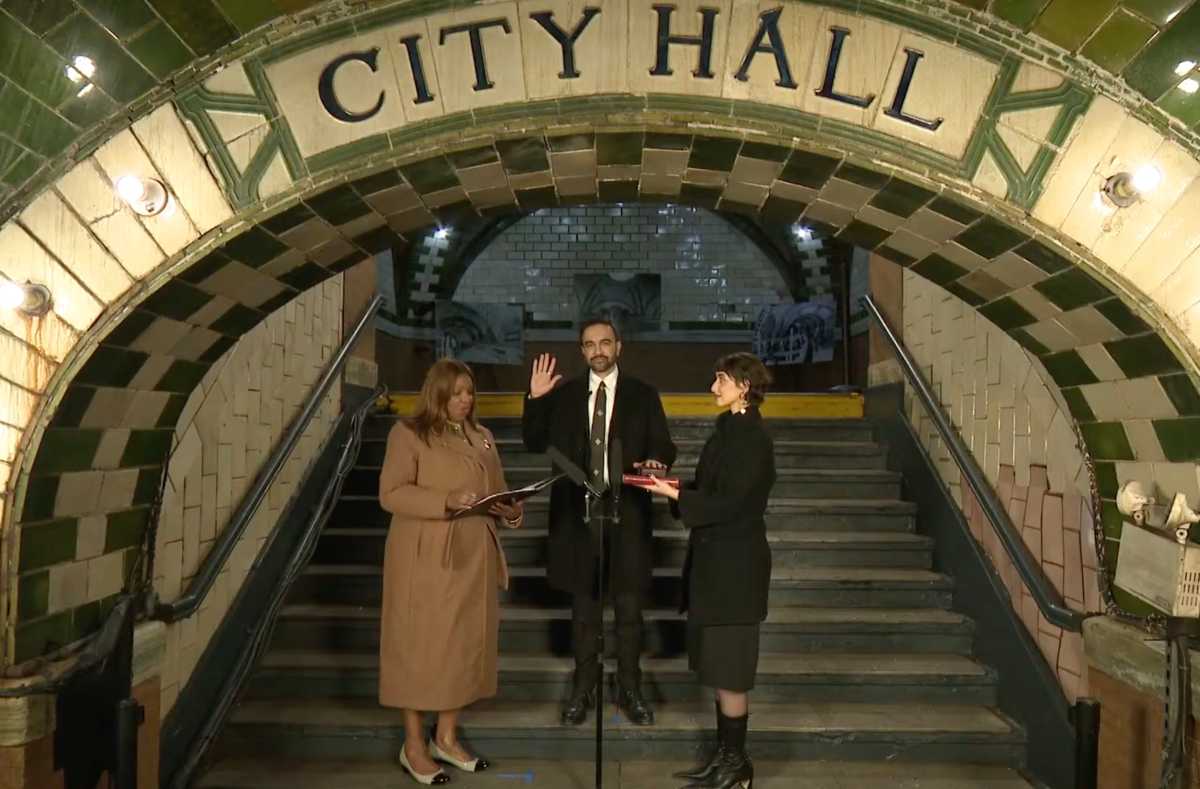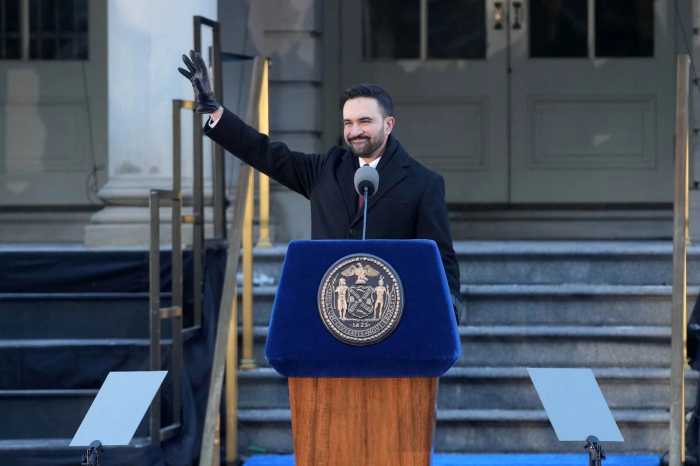Judges have issued multiple court orders demanding the state keep Long Island College Hospital functioning like it was before officials decided to shutter it after 155 years in operation. Managers of the Cobble Hill institution insist that they have followed those orders to the letter, but hospital advocates say that the state has reduced the hospital to a shell of its former self — and broken the law in the process. What is going on in court and what does it mean for the hobbled Brooklyn health care facility? The Explainer breaks it down:
What, exactly, are the courts demanding?
Judges have issued three restraining orders in recent weeks that prohibit the state from taking steps to close the hospital until lawsuits filed by the New York State Nurses Association, a union representing hospital nurses, and public advocate and mayoral hopeful Bill DeBlasio are settled.
If the court says the state cannot do anything to close the hospital, how could the state divert ambulances and stop admitting patients?
Appeals. Last month, a state Supreme Court judge said that the state is breaking the law by closing the hospital to ambulances and new overnight patients. But the state has appealed that decision, as it has the right to do. Right now, the order DeBlasio obtained has been thrown out and enforcement of the other two has been suspended until at least Aug. 7, when another contempt hearing is scheduled.
Okay, so it sounds like the hospital is in legal limbo. What does that mean for would-be patients and the sick people still inside?
Last week, appeals Judge Robert Miller told state officials that they have to maintain hospital service at current levels. That means no ambulances and no overnight admissions, but also no patient transfers and no emergency room closure. In other words: if you cut yourself while chopping vegetables, you can take a cab to the emergency room and get stitched up. But if, say, you fracture your skull rock climbing, an ambulance would have to deliver you to another emergency room. As for the 10-or-so patients still inside, the hospital is supposed to continue treating them until they are ready for discharge. However, one elderly patient disappeared last week under mysterious circumstances.
If the state closes the hospital when judges say it should not, what are the consequences? Could anyone end up in jail?
That is extremely unlikely. If judges continue to reprimand the state for moving to close the hospital, the state agencies responsible could face escalating fines. This legal scenario played out over the course of 25 years with the city’s Department of Homeless Services, which faced a barrage of lawsuits, court orders, and contempt rulings for failing to address conditions at homeless shelters. Homeless Services agreed to sweeping new guidelines in 2008 only after paying out millions in court-ordered fines.
What does all this mean for Long Island College Hospital?
It is going condo. The state, with Gov. Cuomo’s blessing, has done everything to close the hospital short of bussing out the remaining patients and firing the staff. The bottom line is that a court cannot make the money appear in state budgets so, unless state lawmakers change their minds in a hurry, the hospital’s days are numbered. Even if a restraining order remains in effect, state officials could decide that the fine would be a small price to pay for the probable $500-million payday it gets when it sells the land the hospital sits on to developers, who’ll most likely bring in residential development, along with some medical component.






















